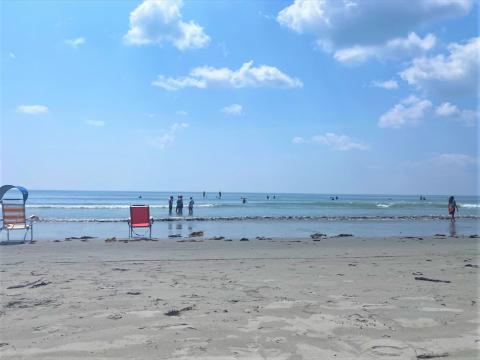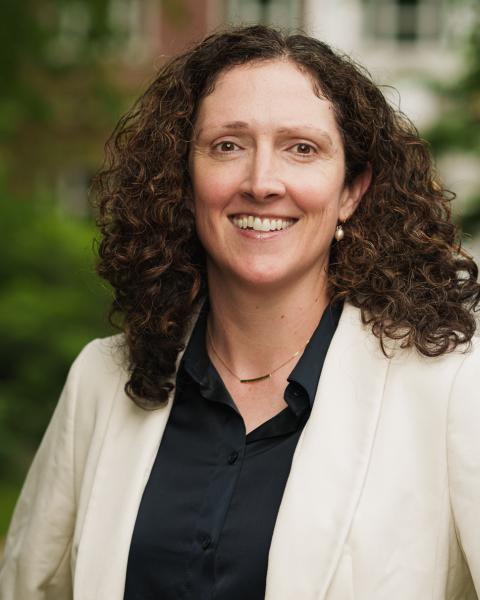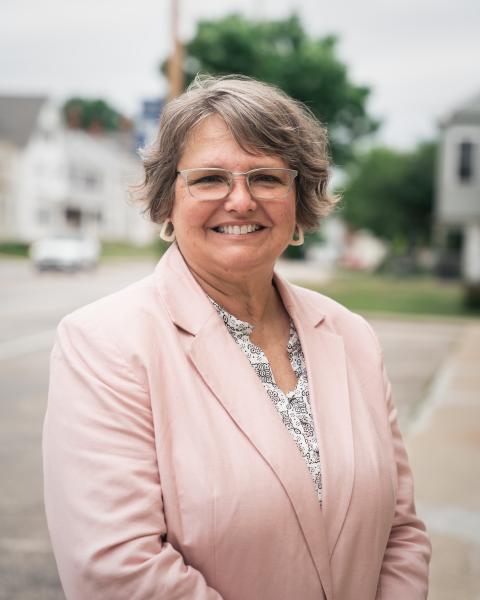Summer Reading Round Up - 2021

Looking for a good summer read? We crowdsourced recommendations from our community and economic development team members on a variety of topics: nature economy, civic engagement, leadership, community, equity and inclusion. We hope you enjoy!
Leadership and Community
American Dirt by Jeanine Cummins tells the story of a Mexican family forced to go on the run and migrate to the United States to avoid the long arms of a drug cartel. Although it is fiction, it tells the immigrant story from one family's perspective.
His Very Best: Jimmy Carter, A Life by Jonathan Alter. Leadership is key to community development. Understanding experiences and characteristics of leaders can help inform us. This biography of Jimmy Carter can give insight into this former president and humanitarian.
Nomadland by Jessica Bruder shares the stories of transient older Americans who, following the Great Recession began traveling across the country in RVs and vans in search of seasonal work to make ends meet.
Palaces for the People: How Social Infrastructure Can Fight Inequality, Polarization and the Decline of Civic Life by Eric Klinenberg makes the case for the importance of investing in our social infrastructure, or the physical places where people gather and interact. After more than a year of social distancing, people need places and spaces to reconnect – ones that are accessible and inclusive.
Nature Economy
Mill Town by Kerri Arsenault is a personal investigation of a Mill Town in Maine that brings up important themes of nature, economic development, and environmental health.
Nature Next Door by Ellen Stroud looks at the history of cities and trees in the Northeast and makes an interesting argument that the rise of tourism, growth of cities and parks and changes in the logging industry have led to more trees on the landscape.
Equity and Inclusion
A Shady Divide by Alejandra Borunda with photos by Elliot Ross in the July 2021 National Geographic Magazine. This piece looks at the impact of trees and shade in Los Angeles, CA. where tree canopy reflects the inequality in communities. If you do not have time to read – glance at the photos and you will see the dramatic impact. There are important concepts of equality, redlining, climate, and the value of public investments explored here that can be applied to community decision-making in NH.
Dividing Paradise Rural Inequality and the Diminishing American Dream by Jennifer Sherman. A case study of a rural community that moves from a traditional economy to tourism and retirement migration and the inequality. This book seems relevant to some changes we are seeing in NH.
Feminist City – Claiming Space in a Man-made World by Leslie Kern. As we work to improve downtowns, neighborhoods, cities, and towns, it is important to understand the impact of certain decision-makers and the importance of other perspectives. My first read from a strictly female perspective.
The Address Book: What Street Addresses Reveal About Identity, Race, Wealth, and Power by Deirdre Mask is an interesting read on what it means to have an address and what the address means to a person and in a community.
The Sum of Us: What Racism Costs Everyone and How We Can Prosper Together by Heather McGhee shares the social and economic costs of racism that impacts all Americans and a vision for a future that moves past the zero-sum paradigm, the common myth that any gains for Black Americans equal losses for white Americans.

